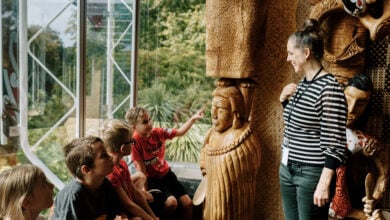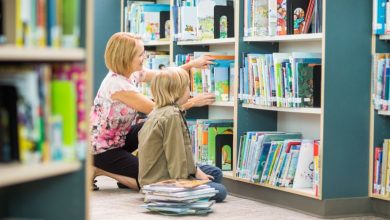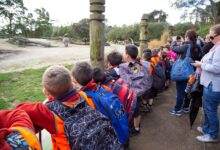‘At home learning’ points to pandemic positives

Previously viewed as a quirky lifestyle choice of liberal-leaning ‘alternatives’, COVID thrust home schooling into the mainstream.
By March 2020, teachers worldwide had begun the ‘unprecedented’ job of delivering education to 1.4 billion students remotely.. The term ‘home schooling’ re-entered public discourse, to the frustration of teachers who rightly felt it painted the wrong picture; teachers, not parents, were still doing the teaching with students ‘at home learning’.
The pandemic and its impact on the education sector threw lives into turmoil, illustrated social economic disparities, led to dropout and depression and tragedy. The negative impacts of lockdown and subsequent home schooling are already being explored and documented in global research, but what about the bright sides to the sudden home-schooling necessity?
New research looks at how schools might use the challenges of COVID-era learning to improve education models. The Covid-19 learning crisis as a challenge and an opportunity for schools: An evidence review and conceptual synthesis of research-based tools for sustainable change, published by Cambridge University, seeks to expand our understanding of ‘how schools can become change agents capable of transforming local practice to address the challenges arising from the Covid-19 pandemic’².
Authors of the Cambridge study say, “The widespread educational disruption has led to growing acknowledgement that returning to what was before is neither viable nor desirable for many schools post-pandemic.”
This, to my knowledge, is the first study that ‘depicts how the blurring of school boundaries has impacted teachers’ work’, it suggests some of the ways offshoots from the pandemic may help enable change for better in our classrooms and schools, in that is has ‘revealed latent educational resources’. It is a thought-provoking read that draws on ‘cultural-historical activity theory and Vygotsky’s notion of double stimulation as a conceptual mechanism of transformative agency’, if you find yourself wanting to go there.
Quality and quantity of parental engagement is a constant in assisting students’ success across the board. Research has found a strong correlation between parental involvement and overall academic achievement³, and home-schooling has brought this wide-ranging spectrum into sharp focus.
Achieving the optimum parental involvement is a tough balancing act rarely achieved, from the point of view of many teachers. During lockdown home-schooling, did the fact that teaching staff were out of school, in their own homes, remove some of the perceived protection the school walls, and perhaps the school, principal provides? The answer is a definitive ‘yes’ for some. But it also had its gains.
“I found that parents would email at all times of day and night,” says one Kiwi high school teacher I spoke to, who didn’t wish to be named. “The questions that parents would ask and some of the outright demands they would make, were often unreasonable, bordering on offensive.” But it wasn’t all bad.
“I definitely developed a stronger rapport with the parents of several of my students during lockdown. I found some people just reached out to say thanks, or to check on their child’s progress and I wouldn’t necessarily have had contact with them otherwise, beyond a formal parent-teacher interview.
“A couple of parents really opened up to me about how hard they were finding things. I learned a lot more about some of the parents than I ever would have and, likewise, more about the students too, through things they shared with me at those difficult times.
“The ‘Be Kind’ message really got through to some people, which was really heartening, and it helped, a lot. I know every teacher I’ve spoken to, appreciated the little things during that time.
“And I definitely tried to practice this too. This may have meant responding with more understanding to some of the more ‘challenging’ emails I received, than I usually would! I found myself being more open, personally, to people when we were all in that unknown situation together, than I usually would have been, had I physically been in school.”
Shared understanding and mutual support in overcoming adversity can deepen relationships and is often a welcome silver lining to any challenging time.









